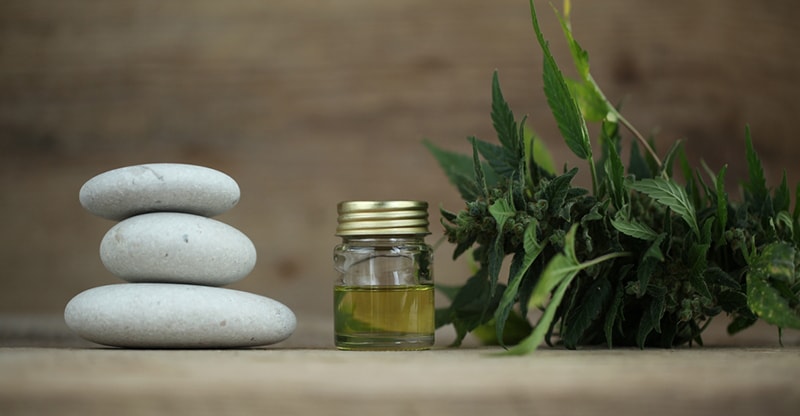CBD: Uses, Side Effects, And Medicaid
Lately, Cannabidiol or CBD has been attracting a lot of attention. It has emerged as a leading health trend in the United States of America, so much so that its presence can be seen everywhere- in oils, baked goods, gummies, teas, coffee, post-workout smoothies, soaps, etc.
Moreover, the numbers clearly state the fondness Americans have for this product. 33% of American citizens have already used CBD, and 45% of the current users have increased their use owing to the global pandemic.
But, a thick layer of controversy has always enveloped this magical product. The benefits and side effects of this product are a subject of hot debate. With this article, we will try to clear the air.
What is CBD?
CBD stands for Cannabidiol. It is an active ingredient of marijuana (cannabis). It is extracted from the hemp plant and is considered an important component of medical marijuana. However, it cannot lead you into a “high” state. As per WHO, it does not cause abuse or dependence.
In the majority parts of the United States of America, CBD can be easily obtained, but a question mark still hovers over its legal status. Although all 50 states have legalized the use of CBD, there are some restrictions, and the federal government still sees marijuana and CBD in the same class. It can be said that the legality of CBD depends on whether it comes from marijuana or hemp.
The Uses of CBD
CBD has several medicinal uses. 64% of current users of CBD in America use it to relieve pain and inflammation, while 36% use it in conjugation with their prescription.
Listed below are the common uses of CBD.
1. Anti-inflammatory and Muscle Relaxant
CBD proves very potent in relieving muscle inflammation. Moreover, it does not cause adverse side effects that the majority of synthetic painkillers cause. It also helps in dealing with muscle soreness caused due to chronic pain.
A combination of CBD and THC (tetrahydrocannabinol) is very effective in subsiding pain caused due to rheumatoid arthritis and multiple sclerosis.
2. Antianxiety and Antidepressant
Anxiety and depression are the most common mental and emotional issues that have gripped people today. Although these conditions are treated with synthetic drugs, they cause an array of adverse side effects, including headache, drowsiness, agitation, sexual dysfunction, and even substance abuse.
CBD has a calming effect on the mind and body and helps in dealing with anxiety and depression by naturally calming the nervous system.
3. Alleviates Cancer-related Symptoms
CBD alleviates the painful symptoms and side-effects related to cancer and cancer treatment, like pain, nausea, and vomiting. It may also have cancer-fighting properties; however, more research is needed to substantiate these claims.
4. Relieves Acne
Owing to its anti-inflammatory properties, CBD also helps in relieving acne. It regulates the production of sebum, an oily, waxy substance from your sebaceous glands.
Side-effects of CBD
Although there are several medicinal uses of CBD, you cannot turn a blind eye to its side-effects. Here are the general side effects of CBD.
- Drowsiness
- Lightheadedness
- Dry mouth
- Gastrointestinal issues, like diarrhea and stomach ache
- Low blood pressure
Medicaid and CBD
Medicaid, the state-run program, covers a long list of drugs used for minor and major health ailments, but it does not cover CBD.
The reason is that the majority of CBD products have not yet got formal approval from the FDA, except for one CBD product that helps in the treatment of epilepsy. So, if you want to buy CBD, you will have to pay for it from your pocket.
The Bottom Line
CBD has proved its potency in dealing with many medical issues, like depression, anxiety, inflammation, and pain. Yet, it isn’t covered by Medicaid. But, owing to its benefits, we can expect the FDA to review its products, and soon a day may come when you won’t have to pay for CBD.



